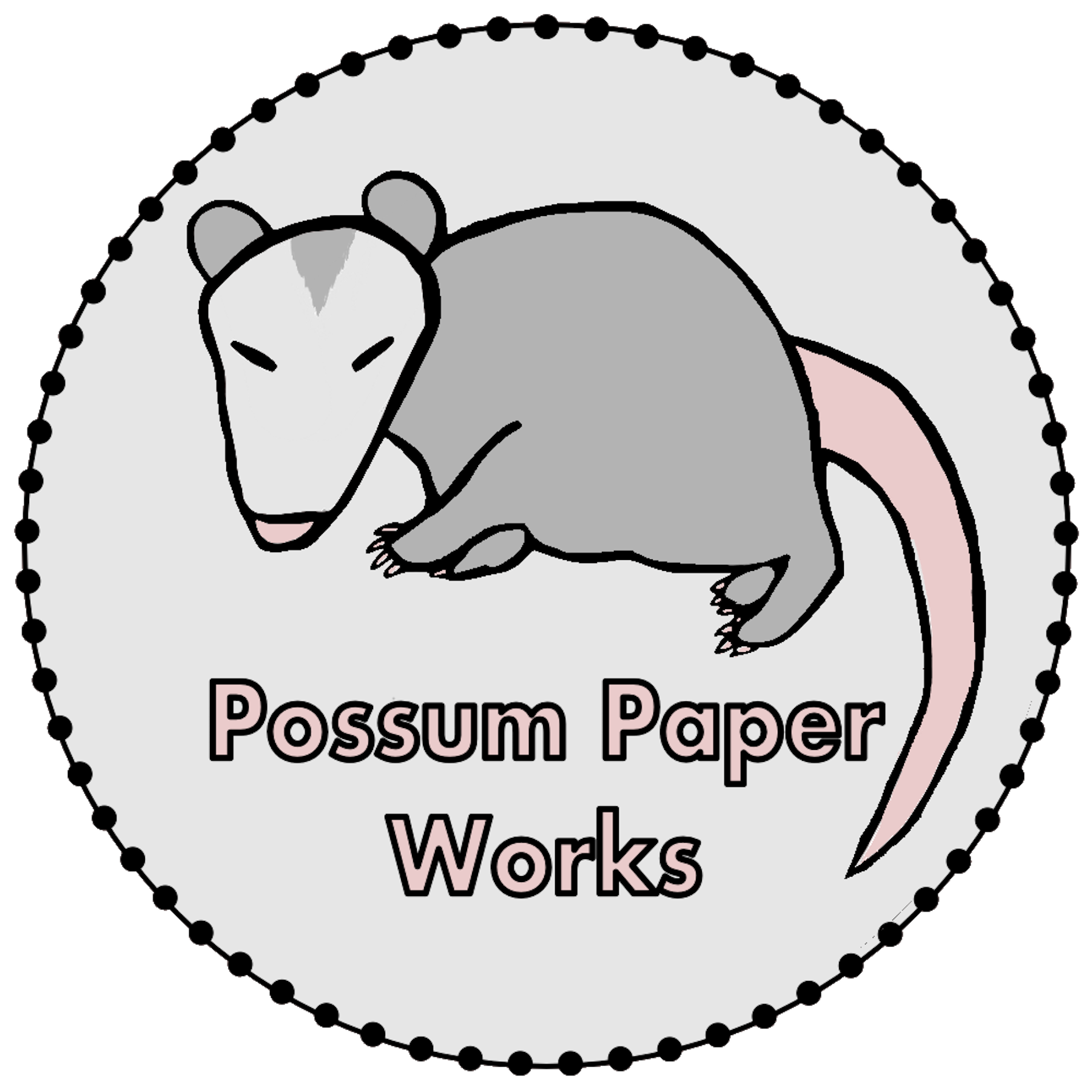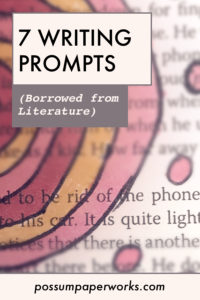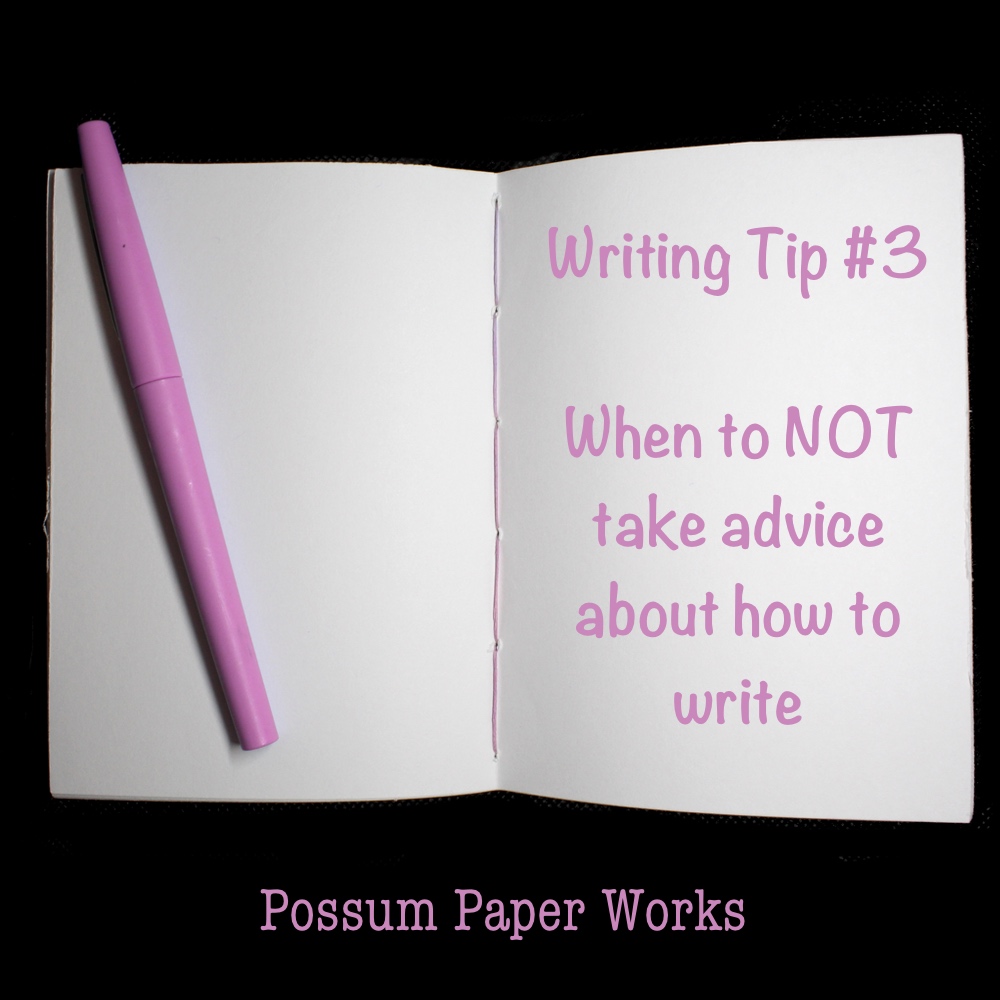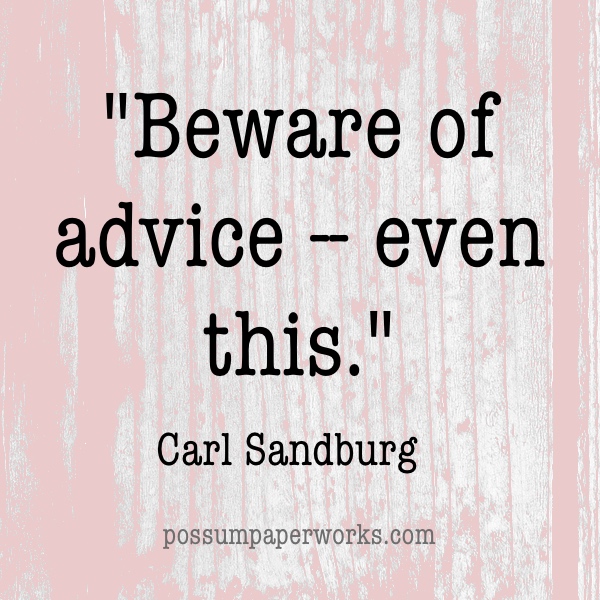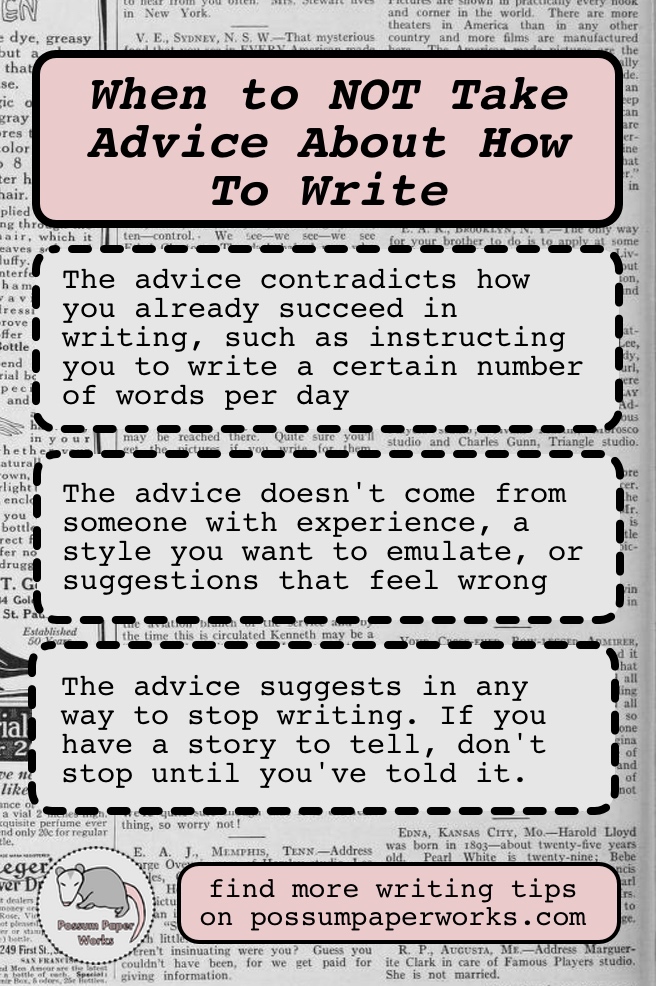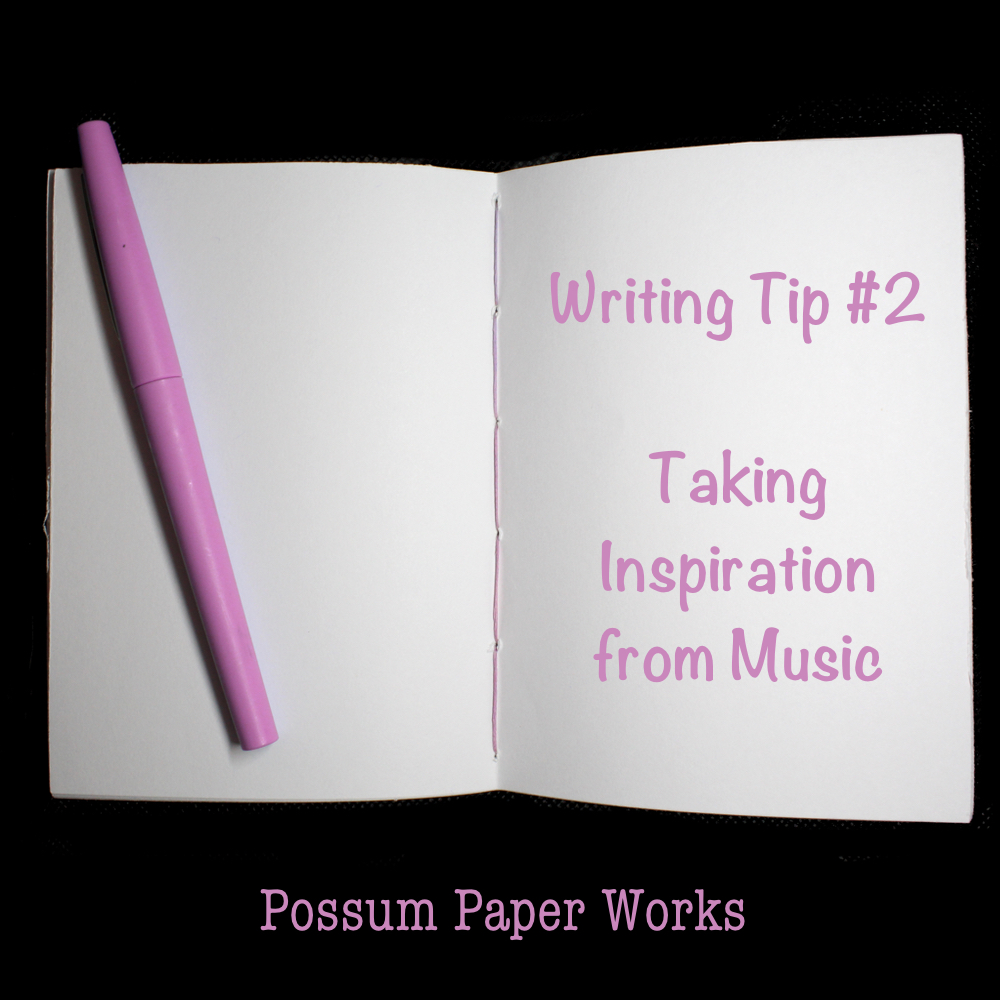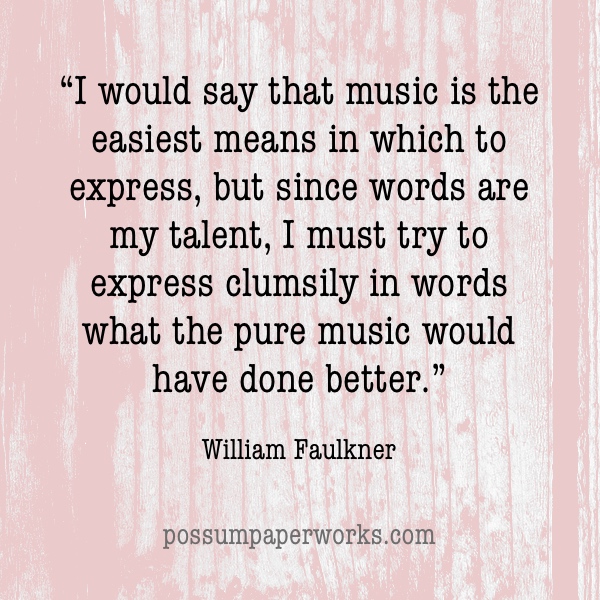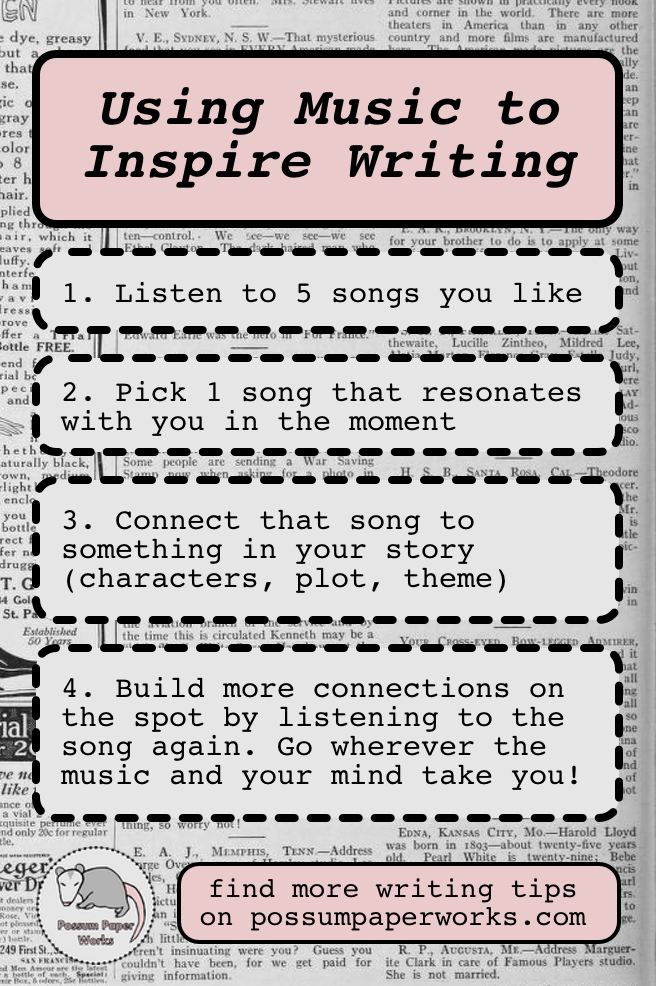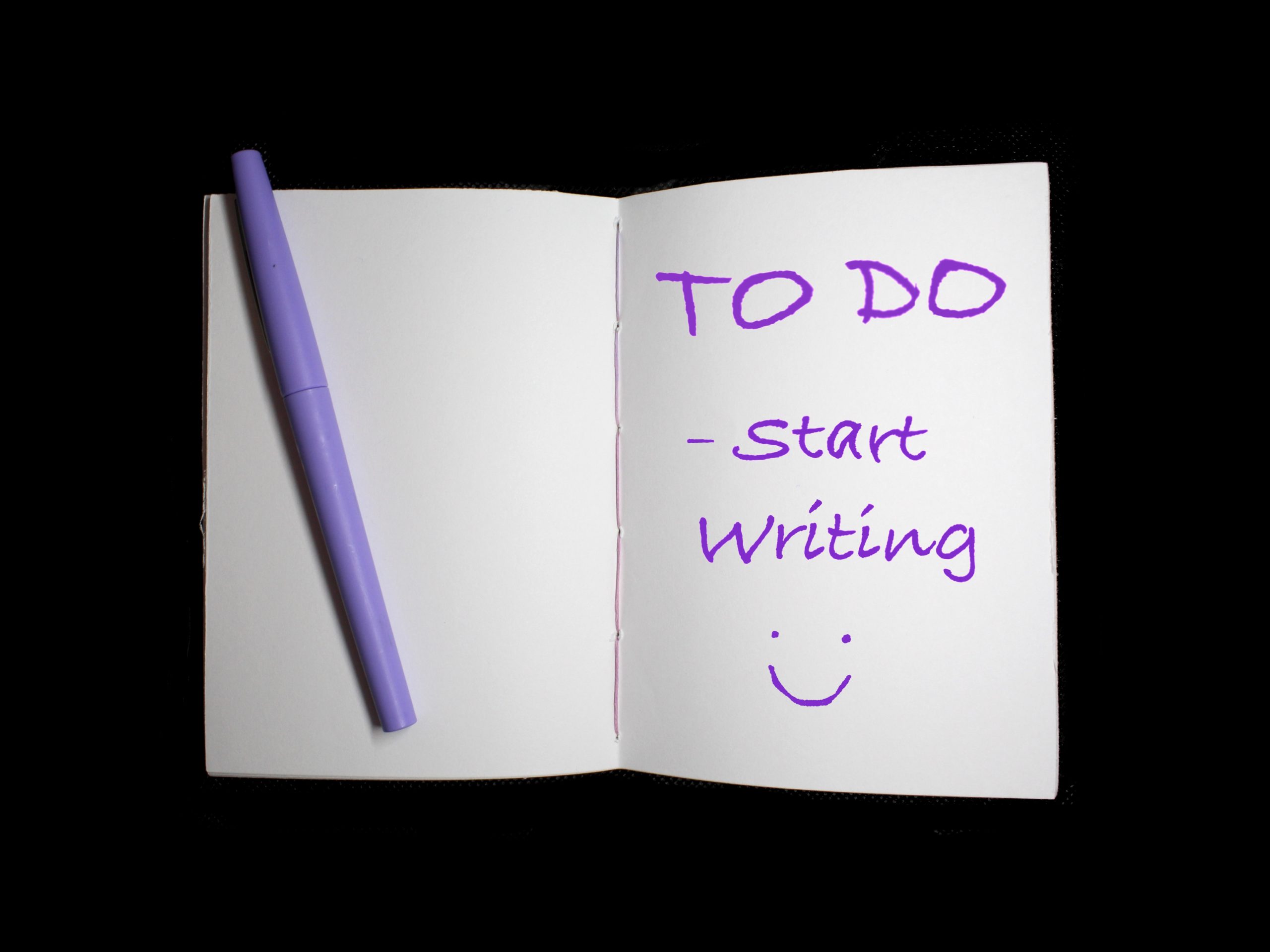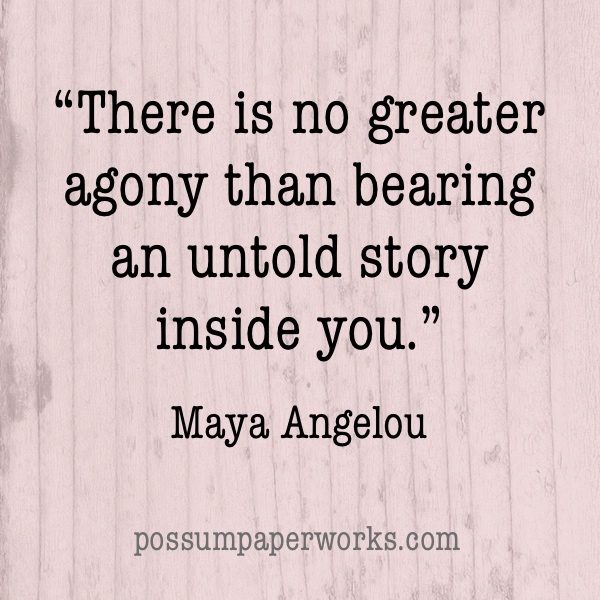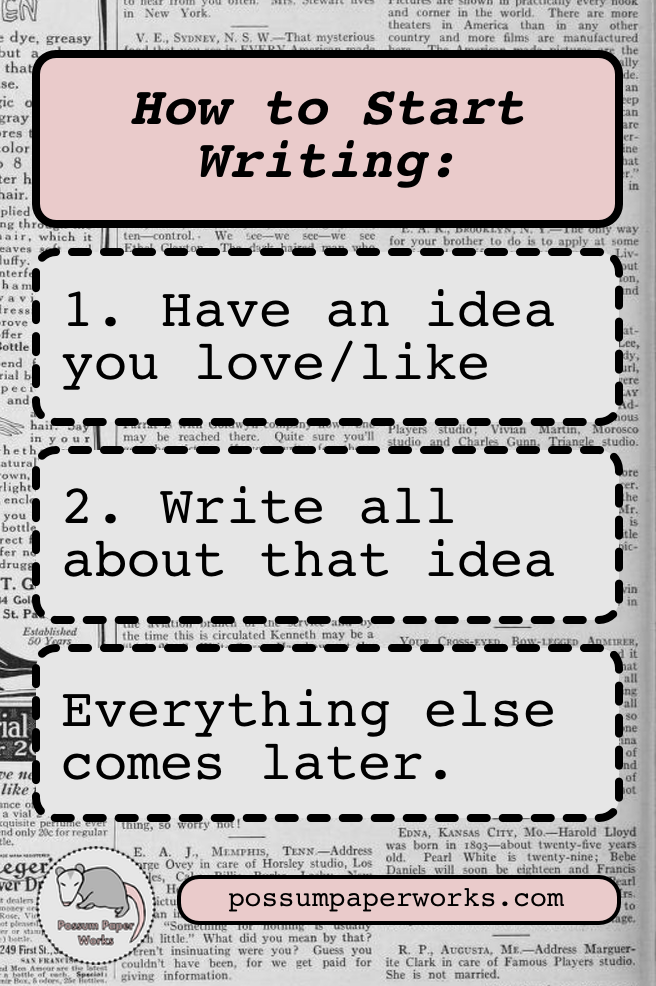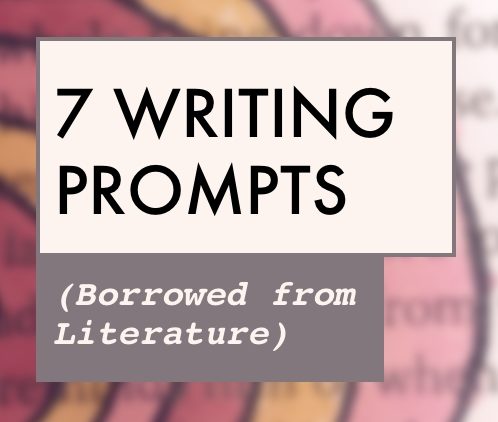
Hey there! I’ve been a slump lately regarding writing tips, so we’re trying something new. Everyone likes writing prompts, right? Sure hope so, because that’s what you’re getting! And just because I can, the prompts of this 1st post are a fun literary list!
Writing Prompts – Literary List (1st Edition)
In this first list, I’ve collected quotes from classic literature; sci-fi, fantasy, and mystery fiction; non-fiction (including a book on science!); and poetry.
To find these prompts, I went to my bookshelf and opened a few books to random pages. Some of my favorite authors and books populate this list, as do a few random ones. If you want, read the books (and poem) yourself!
These prompts can be used in short stories, works in progress, poetry, or whatever else you like to write. You can choose to use these prompts one at a time, or get wild and challenge yourself to use all 7 of the quotes in one go. Good luck with that last quote though.
Remember, though: you’re the author. If you feel the need, change names, pronouns, or even subject. The prompts may be quotes, but that doesn’t mean you have to include their precise words in your work. In fact, it’s better to not! No need to plagiarize–these are only inspirations, after all. Mix it up!
Here are your 7 prompts!
“Someone almost took a ride on the merry-go-round.”
– Something Wicked This Way Comes, Ray Bradbury
“Kate sat at the head of the table with an account book open before her.”
– East of Eden, John Steinbeck
“[His] laugh was raw and sad. ‘I guess he wanted to warn me that everyone screws up sometime.'”
– Wilde Lake, Laura Lippman
“I take to dying like a man. I do it to impress the crowd.”
– “My Guilt”, Maya Angelou (read the poem if you use this prompt)
“According to Newton, everything exerts a force on everything else.”
– 1001 Things Everyone Should Know About Science, James Trefil
“They all got scared, about as regularly as they got paid.”
– On the Road With Charles Kuralt, Charles Kuralt
“For some unexplained reason, the teleport cubicles were in the bathroom.”
– Life, The Universe, and Everything, Douglas Adams
Good luck, and happy writing!
